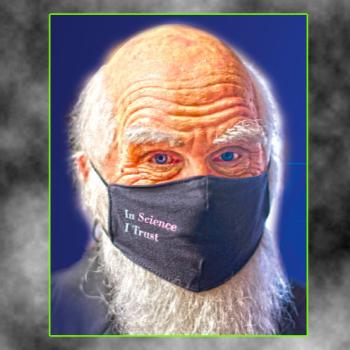SPANISH religious groups and conservative politicians are reportedly horrified that a euthanasia bill they have vigorously been opposing was approved by the government last Thursday.

Defending the law, due to come into effect next year, deputy leader of the Spanish Socialist Workers’ Party (PSOE) –María Luisa Carcedo, above, pointed out that it:
Absolutely guarantees a patient’s rights. The patient decides in a situation of extreme suffering.
Before the parliamentary decision – the party received 198 votes in favour, 138 against and 2 abstentions – the Spanish Evangelical Alliance (AEE) released a statement calling on the government to promote the development of model for terminally ill patients that combines access to palliative care with family and economic support.
The number of patients who consider euthanasia as an option diminishes drastically if the alleviation of pain is facilitated, and human accompaniment and resources to combat hopelessness is offered.
Speaking of the impact of the law on society the AEE warned that:
It is dangerous to build a social opinion that says that terminal patients are a burden.
If the Senate approved the law, which it’s expected to do, Spain will become the fourth country in Europe and the sixth worldwide to legalise euthanasia, after the Netherlands, Belgium, Luxembourg, Canada and New Zealand.
The law has passed after several attempts in which the Parliament voted against it. The government block of PSOE and leftist party Unidas Podemos, along with the deputies of Liberal party Ciudadanos, leftist party Más País, Catalonian parties ERC, CUP and Junts per Catalunya, Basque parties PNV and EH Bildu, and Galician party BNG, voted in favour.
The Conservative parties PP and UPN and far-right Vox voted against it. Vox has announced that they will file an appeal of unconstitutionality against the law at the Constitutional Court.
The law, is approved, could come into force in the first months of 2021.
During the vote, dozens of people gathered outside the Parliament building to protest against the measure with posters that read: “Government of death”.

The Minister of Health, Salvador Illa, above, described the law as:
A response to a very transversal demand from Spanish society.
He also stressed that, once the law is approved by the Senate, euthanasia will be included as a “benefit” of the National Health System.
Asked about a report published in October by the Spanish Bioethics Committee, Carcedo confirmed the executive’s rejection of the recommendations of the advisory body, stating that:
Of course we have read the Bioethics Committee’s report but it seems that they have not read the law.
The committee warned that:
There are solid health, ethical, legal, economic and social reasons to reject the transformation of euthanasia into a subjective right and a public service.
The law states that anyone with “terminal or incurable illness causing intolerable physical and mental suffering” will have access to euthanasia. It does not specify the criterion for determining what is “intolerable”.

According to the Director of Areópago Protestante, an outfit linked to the AEE, Dr Pedro Tarquis, above, said:
The key point here is the word intolerable, as it is a totally subjective assessment of the patient that can justify euthanasia in any serious and incurable disease. The guarantee of the law is that it does not guarantee any restriction in any chronic pathology of a certain gravity which affects the person in a way that he or she considers intolerable.
Furthermore:
It is more than questionable whether the decision of the patient is free and voluntary. The lack of social and health support for chronic and incurable problems may lead to see euthanasia as the only possible final solution.
The devaluation of human life, as it already happens with the ‘unborn’”, will undoubtedly bring a poor ethic of personal and social values that will lead to decisions in which human life itself loses its meaning in the face of pragmatism,
People eligible for euthanasia on the National Health Service must be of legal age and have Spanish nationality, a legal residence permit or a legal registration certificate which confirms that they have been in Spanish territory for more than twelve months.
Being a “benefit” of the National Health System, euthanasia may also be practised in private centres and at home. Individuals must first submit two written requests, which must be approved by the doctor in charge of the case and a medical consultant, then, euthanasia can be applied within a maximum of 32 days.
In the event that the patient is “not in full possession of his or her faculties”, the doctor may submit the request through the “living will or a legally equivalent document.”
The law also allows a person to reverse a euthanasia request, as well as allow conscientious objections of those health professionals who oppose the practice. They will have to make their request in writing first and a “Register of objecting health professionals” will be set.
As I was uncertain as to whether euthanasia – which I have campaigned for in the UK for decades – would be legalised in Spain, I recently had a lawyer draw up something called an Acta de Manifestaciones.
This legal document, lodged with the health service, states that I do not want to be put on any form of life support should I suffer a serious illness, and that my body after death is to be used for medical research. In the event of my corpse not being wanted in whole or in parts, I am to be disposed of in a crematorium without a ceremony of any sort.

 I’d love a cup of coffee
I’d love a cup of coffee













